Laughing
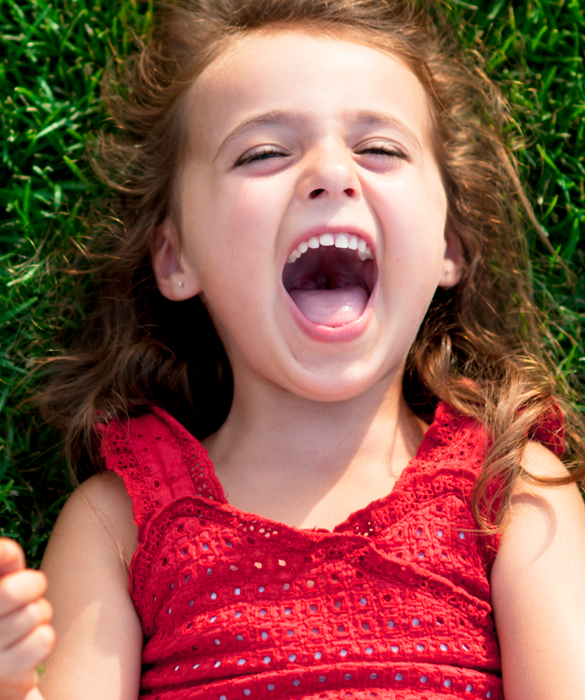
Some legends circulating the web suggest that children laugh an average of 300 times a day, and adults laugh a mere 20. Another University of Wisconsin researcher says that kids and adults both laugh during social interactions, and school children spend more face-to-face time with their peers than working adults, upping their laugh count. Regardless, kids know how to have fun and don’t stress the small stuff. We would be wise to follow their leads.
Losing Weight
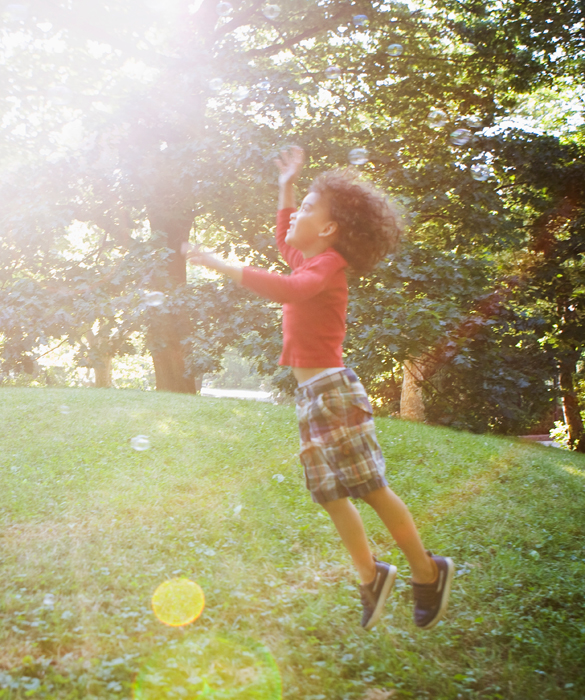
Millions of adults are familiar with the struggle to shed pounds, and the obesity epidemic has spread to younger and younger children in recent years, as well. However, it’s never too late or too early to get on the path to good health. According to research, not only are kids better at losing weight, but they’re also better at maintaining weight loss over the long-term. Adjusting nutrition and fitness habits young can be the key to staying healthy into adulthood—and that’s great news for parents and kids alike.
MORE: Amazing Kid Prodigies
Hearing
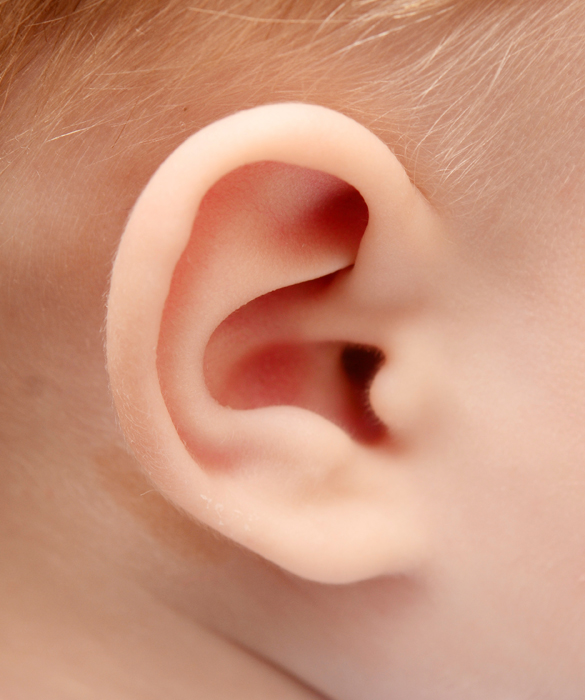
According to the University of Chicago, most small children can hear noises as low as 20 Hz (think: a big pipe organ) and as high as 20,000 Hz (a high-pitched dog whistle). Most adults, on the other hand, have experienced noise-induced hearing loss—a lesson in turning down the volume level on your iPod just a touch the next time you go jogging.
Memory
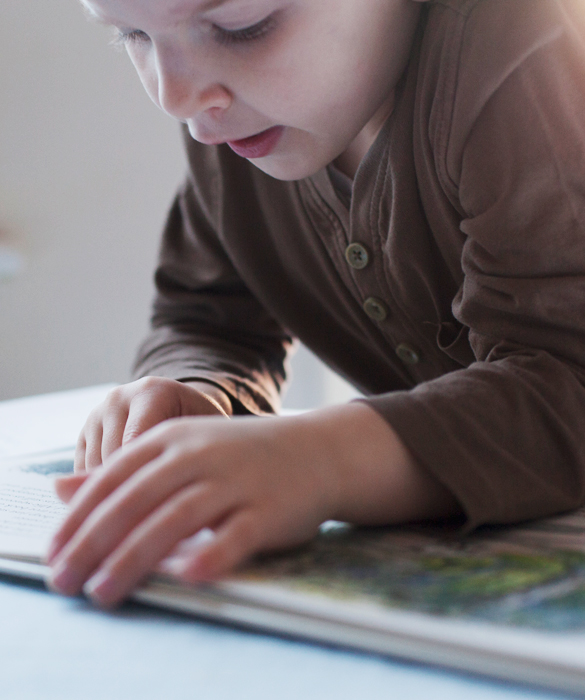
Recent research suggests that kids and adults remember in very different ways. Adults often skew memories based on their perception of situations, whereas children do not. This is because kids don’t have the same emotional and intellectual range that adults have. While this sounds like kiddos are inferior, here’s a major advantage: Their ability to keep it simple and see the facts without emotion proves invaluable, especially in court cases, when unbiased recalled memories are vital.
Smell
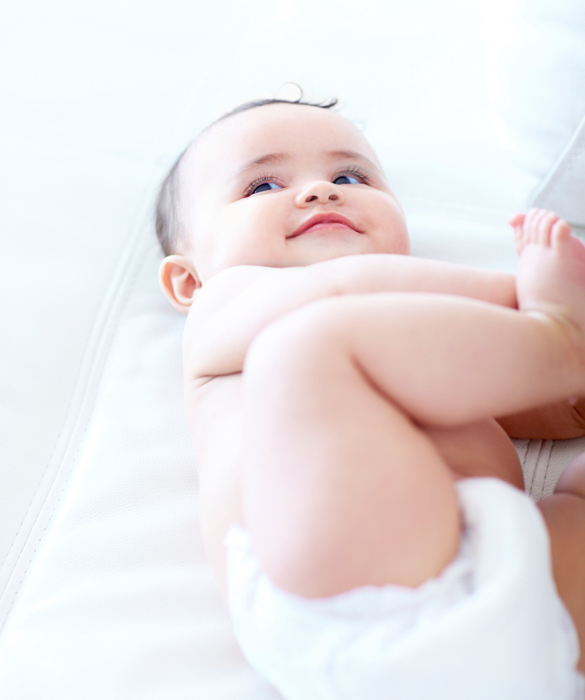
Babies start developing a sense of smell in the womb, and pick up on the subtleties of scents that you would never notice. Your newborn has a preference for her mom’s breast milk, can smell the exhaust from the cars on the street and becomes more alert when you begin to whip up dinner. Maybe this is why she’s always up and crying for you just as you’re about to take a bite?
Adapting
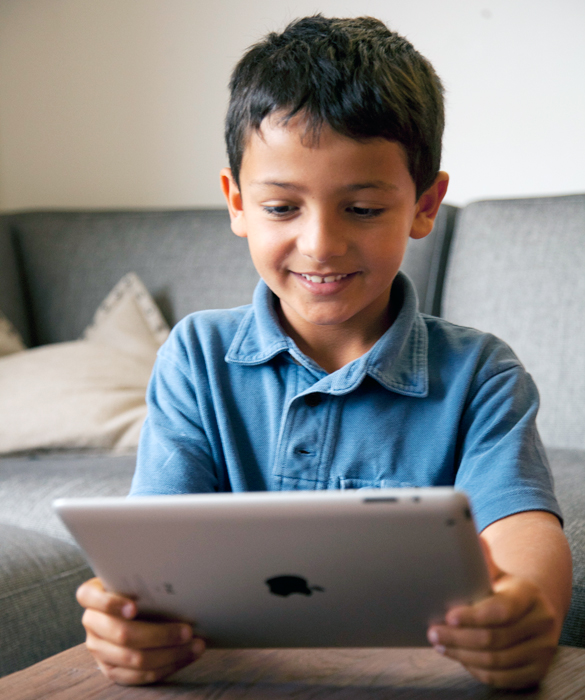
Kids’ brains are more flexible than adult brains, because they are not fully developed during adolescence. While this means your teen has trouble making big, long-term decisions and practicing impulse control, it also means he’s quick to pick up new technology and adapt to the changing times. In other words it’s why he learned how to navigate his smartphone in a day, and why you’re still working on it six months later.
MORE: Baby Superpowers
Learning Languages
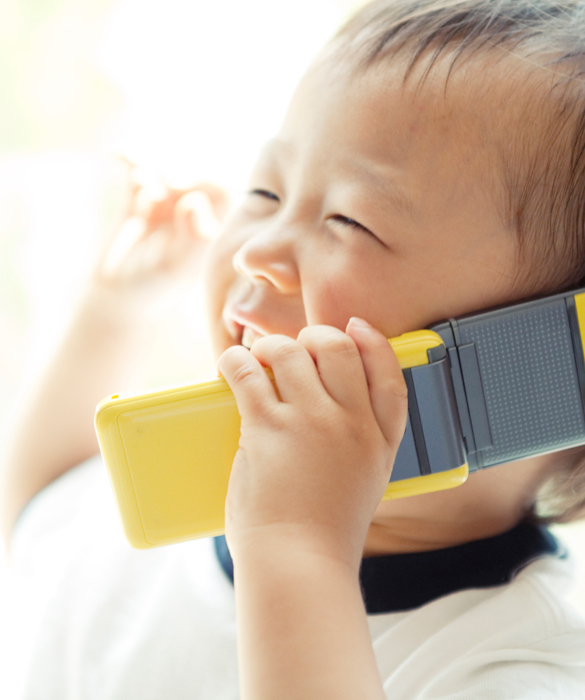
A long-held belief about language development is that children acquire skills faster than adults while still in a sensitive period of the learning process. Although debated, researchers at USC have said that, at the very least, children use simpler vocabulary than adults and are able to reach competence in a second language much faster. In addition, they have more incentive to use their skills in school and with friends than grown-ups do—all the more reason to encourage bilingual kids.
Making Friends
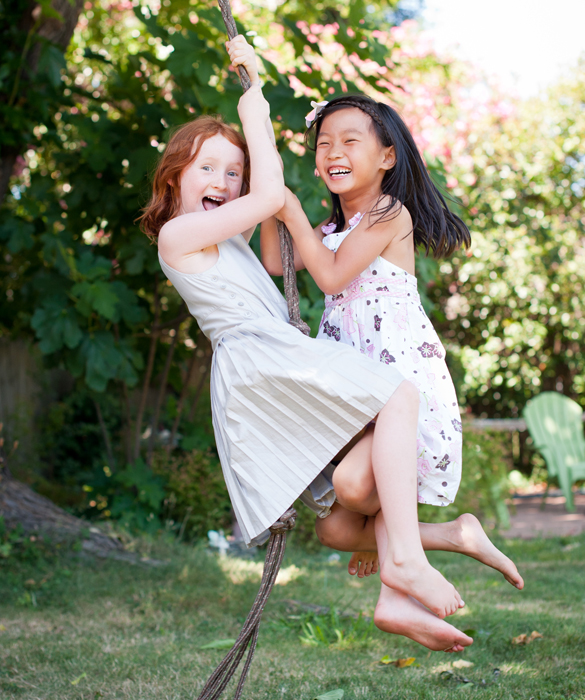
While adults have more difficulty creating new connections with each passing year, friendship researchers have found that children have an instinctual and sophisticated process for determining who to bond with; everything from figuring out how much common ground they share, to assessing prospective friends’ styles of persuasion, to tapping into an ability to initiate interactions. Some kids are so skilled at this—not just being popular and liked, but at building friendships—that researchers would love to deliberately teach this skill to adults. Cool, right?
Coping
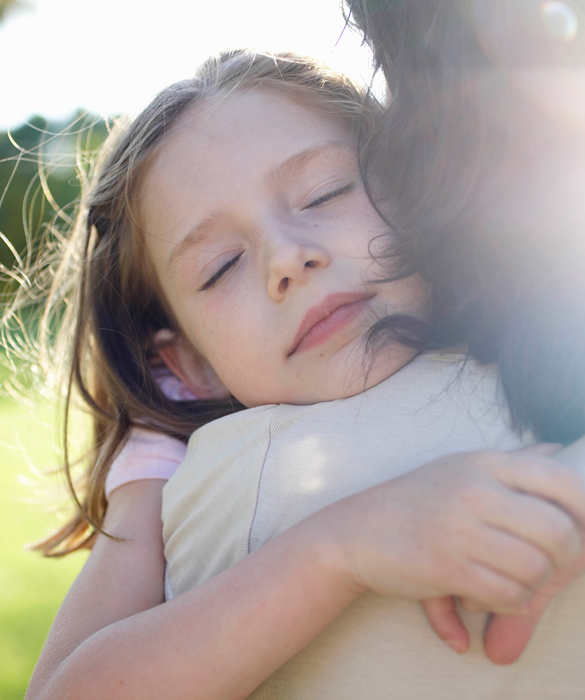
Parents often worry about the impact of tough events on their children's future, but kids are able to cope with stress and trauma in remarkable ways. In 2001, researchers assessed the resilience of Holocaust survivors over a 40-year time period by grouping them into three categories—children, adolescents and young adults—based on their life stage at the end of World War II. While older survivors struggled with issues like aggression and depression, the study found that children were doing particularly well as adults, functioning the same as their peers who did not live through this traumatic time.
Understanding Their Strengths
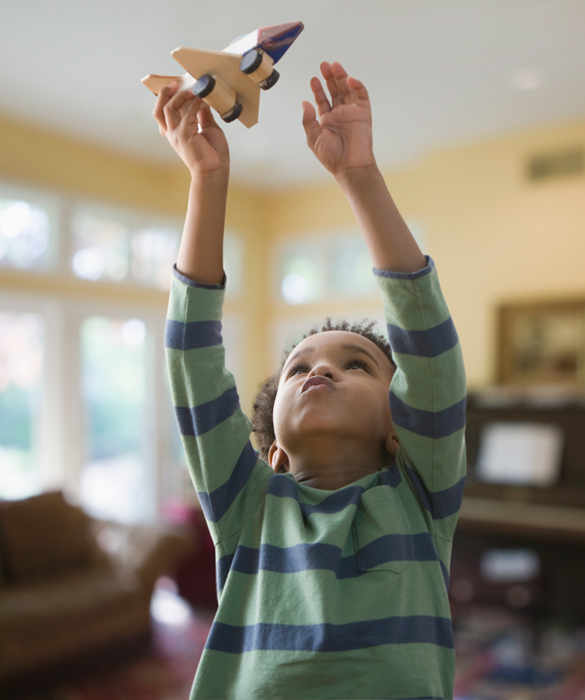
This last one’s just for fun. Guess what? Kids might act humble, but they know what they do well—and where they can one-up you. The San Francisco Chronicle asked a class of 5th graders what they do better than adults. Responses ranged from having more energy to jump rope and climb trees, having better powers of imagination, and having zero inhibitions about looking weird in front of their friends. Clearly, these kids are too wise for their own good … and are surprisingly spot-on. Read all the hilarious responses here.




